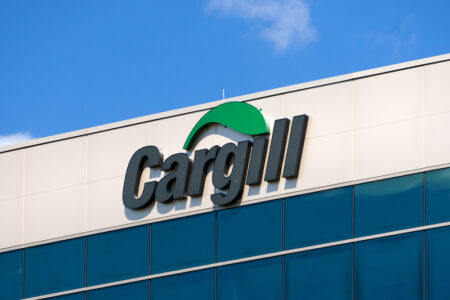Barry Callebaut sees profit grow 18.5%
In contrast to the global chocolate market, which contracted by more than 2% in volume in 2008/09, Barry Callebaut has grown its sales volume by 4.1%.
The company attributes its growth to three factors ” its early expansion into emerging and high-growth markets, the implementation of outsourcing deals and market share gains.
This was despite the strength of the company’s reporting currency, the Swiss franc, compared to most other currencies had a negative impact on sales revenue, operating profit (EBIT) and net profit for the year.
Juergen B. Steinemann, CEO of Barry Callebaut, says, “I am pleased that we were able to deliver strong growth in the face of a rarely seen global chocolate consumption decline. After reaching a low in winter 2008, growth resumed and regained momentum in the second half of the year. Our growth strategy based on the three pillars of geographic expansion, innovation and cost leadership, has stood the test of the global economic recession. In this context we took further significant steps such as expanding to new markets (eg Mexico), implementing new outsourcing deals (such as Morinaga in Japan) and adding new capabilities (eg new pastry factory in Spain).”
While Barry Callebaut’s sales volume in Europe showed a decline in the first half of the fiscal year, in line with the negative market trends in key chocolate countries, such as France, Belgium, Italy and Spain, it rebounded strongly by 8% in the second half.
Sales revenue was boosted on one hand by higher cocoa bean prices and price increases effected a year ago, and negatively affected on the other hand by adverse currency effects and lower prices for sugar and milk powder. Sustained double-digit sales growth in Eastern Europe, particularly in Poland, partly compensated for the slowdown in Western Europe.
The Gourmet & Specialties business unit managed to maintain its sales in local currencies at the prior-year level, and even gained market share. The group’s first pastry manufacturing plant, inaugurated in October 2008 in Alicante, Spain, started production and sales of ready-to-serve desserts in response to the growing need of the home-service segment
A key trend in all major European markets was the price pressure in response to the growing cost-consciousness of consumers. These developments benefited Barry Callebaut’s Consumer Products business unit, which was able to grow the sales of its medium-priced local brands as well as of private label products and had a good year. Despite this satisfactory development, Barry Callebaut’s decision to divest the consumer products business remains unchanged.



